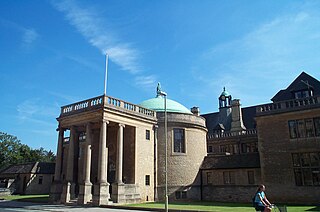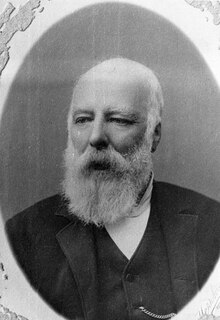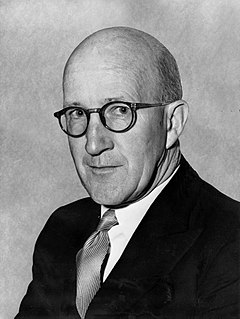Norman Macdonald Richmond (23 October 1897 – 13 July 1971) was a New Zealand adult education organiser and tutor, university lecturer, social reformer. He was born in Wellington, New Zealand in 1897. [1] Helen Simpson was his elder sister. [2] After a short war service, he won a Rhodes Scholarship in 1919, and taught at Christ's College in Christchurch before he commenced his studies. He married Hilary Wall in on 1 June 1926; she was the daughter of professor Arnold Wall. He became a lecturer and worked for various organisations and universities in New Zealand and Australia. In later life, he suffered from mental illness and was institutionalised. He died in Wellington on 13 July 1971; his wife had died in 1962. [1]

Wellington is the capital city and second most populous urban area of New Zealand, with 418,500 residents. It is located at the south-western tip of the North Island, between Cook Strait and the Remutaka Range. Wellington is the major population centre of the southern North Island, and is the administrative centre of the Wellington Region, which also includes the Kapiti Coast and Wairarapa. Its latitude is 41°17′S, making it the world's southernmost capital of a sovereign state. Wellington features a temperate maritime climate, and is the world's windiest city by average wind speed.

Helen Macdonald Simpson (1890–1960) was a notable New Zealand teacher, university lecturer and writer. She was born in Wellington, New Zealand in 1890. Norman Richmond was her younger brother.

The Rhodes Scholarship is an international postgraduate award for students to study at the University of Oxford. It was established in 1902, making it the first large-scale programme of international scholarship. The Rhodes Scholarship was founded by English businessman and politician Cecil John Rhodes, to promote unity between English speaking nations and instill a sense of civic-minded leadership and moral fortitude in future leaders irrespective of their chosen career paths. Although initially restricted to male applicants from countries which are today within the Commonwealth, as well as Germany and the United States, today the Scholarship is open to applicants from all backgrounds and from across the globe. Since its creation, controversy has surrounded both its former exclusion of women, and Rhodes' Anglo-supremacist beliefs and legacy of colonialism.












